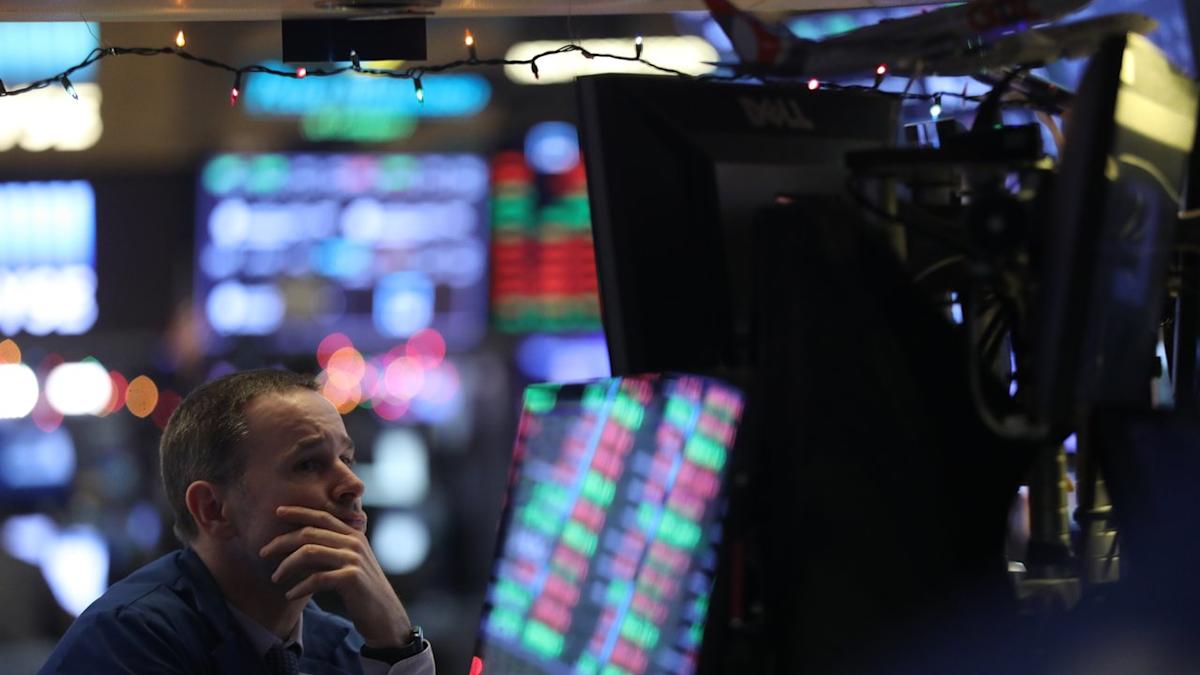Stock markets around the globe have slumped amid growing worries that artificial intelligence (AI) companies’ high valuations could be coming back down to Earth.
Markets in Asia and Europe followed Tuesday’s steep falls in the U.S. after the bosses of Goldman Sachs and Morgan Stanley, among others, warned that a correction of as much as 20% could be imminent.
Chipmaking giant Taiwan Semiconductor Manufacturing Co. (TSMC) fell more than 3% Wednesday. In South Korea, chip firms including Samsung and SK Hynix dropped sharply, pulling South Korea’s Kospi down as far as 6.2% before it regained ground. All are major Nvidia suppliers.
Japan’s SoftBank Group, one of the world’s largest investors in AI infrastructure, chips, and applications, closed 10% lower, shedding about $23 billion in market value in its worst day since April.
That came after steep losses in the U.S. Tuesday. The tech-focused Nasdaq and the S&P 500 had largest one-day drop in nearly a month, with Palantir plunging 8%. Oracle and Nvidia both lost about 4%.
The trend looked to be continuing after AMD’s post-market results, with the chipmakers’ stock down a further 5% before the open. It had already fallen about 4% Tuesday before releasing its earnings. S&P 500 futures were down about 0.25% and Nasdaq futures were 0.4% down.
Jim Reid, an analyst at Deutsche Bank, said there was a “growing chorus discussing whether we might be on the verge of an equity correction”. He added: “The last 24 hours have brought a clear risk-off move, as concerns over lofty tech valuations have hit investor sentiment.”
That was not helped by Tuesday’s news that Michael Burry, who rose to fame for his bet against the U.S. housing market before the 2008 crash, had made bets against Nvidia and Palantir. He bought put options against both, which are contracts that gain value when share prices fall.
Alex Karp, Palantir’s chief executive, accused Burry and other short-sellers of “trying to call the AI revolution into question” in a CNBC interview.
AJ Bell investment director Russ Mould said the move “further raises the temperature of the debate over whether AI-related stocks are in the midst of a bubble.”

